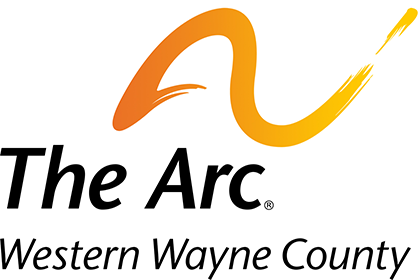In order to be eligible for special education services, a child:
- Must be between the ages of 0 and 26 years. The child must be under the age of 26 as of September 1st;
- Have one or more disabilities defined by law and determined by a comprehensive multidisciplinary evaluation team, and have an Individualized Education Planning Team determine if he or she needs special education or related services; and
- A child must also have not completed a normal course of study and not graduated, and have a disability which adversely affects his or her education so that special education is needed in order for him or her to learn and progress.
Once it is determined that your student has a need for special education services, he or she will be entitled to those services under one of the following eligibility categories. The following is a list of categories and their acronyms that the school districts use to define educational eligibility:
- Autism Spectrum Disorder, or ASD;
- Cognitive Impairment, or CI;
- Deaf-Blindness, or DB;
- Early Childhood Developmental Delay, or ECDD;
- Emotional Impairment, or EI;
- Hearing Impairment, or HI;
- Other Health Impairment, or OHI;
- Physical Impairment, or PI;
- Severe Multiple Impairment, or SXI;
- Specific Learning Disability, or SLD;
- Speech and Language Impairment, or SLI;
- Traumatic Brain Injury, or TBI; and
- Visual Impairment, or VI.
Phone code: 1627

Recent Comments